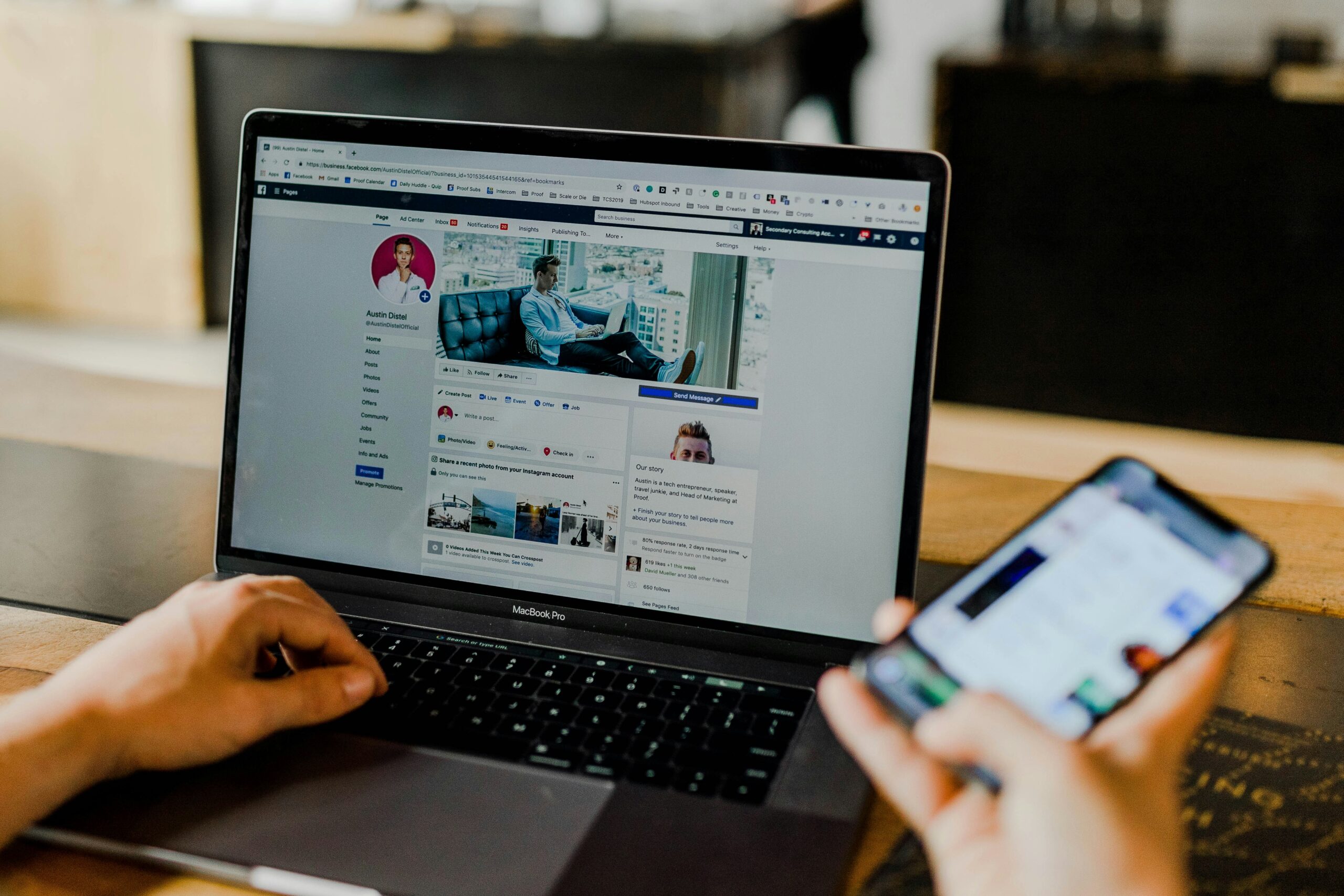Social networks now play a major role in our lives. It's almost impossible to escape them. Young and old alike use them for a variety of purposes: socializing, communicating, keeping up with the news, and so on. These platforms have both advantages and disadvantages. Social networks like Facebook, Instagram, TikTok or YouTube were created to attract attention, but also to maintain it. The challenge today is to find the right balance to avoid any possible excesses.
Social networks as tools for maintaining social ties
Facilitating remote communication
Social networks have revolutionized the way we communicate, enabling us to maintain contact with geographically distant loved ones. A study by Myra Sader highlights the importance of perceived social support through networks, indicating that the strength of virtual ties can reduce work-related stress by promoting access to support from REF colleagues [^1^]. According to a study published in February 2023, 59 % of the world's population use these platforms.
Benefits for isolated populations or those with reduced mobility
For people who are isolated or have reduced mobility, social media are a window on the world. They enable them to participate in social life without physical barriers. These platforms offer support and a sense of belonging.
Social networks and community support
Online forums and groups are places where advice and support can be found. The study by Heller, Swindle, and Dusenbury shows how social "support", including in virtual environments, can play a prophylactic role against stress and mental illness REF [^2^].
Social networks as a source of stress
The pressure of social comparison
Constant comparison with others on social networks can have a negative impact on self-esteem. Marie-Pierre Fourquet-Courbet and Didier Courbet's book, "Connectés et Heureux - Du Stress Digital au Bien-être Numérique", sheds light on the deleterious effects of this comparison, while suggesting ways to develop a digital intelligence that protects our well-being REF [^3^].
Information overload and addiction
Information overload and the difficulty of disconnecting often lead to excessive use of social networks, a source of stress and anxiety. Digital stress is one of the major drawbacks of this overconsumption. Authors Fourquet-Courbet and Courbet also discuss the importance of managing digital consumption to maintain a healthy balance.
Cyberbullying and its consequences
Cyberstalking represents the dark side of social media, with serious consequences for mental health. The research highlights the need to create safer online environments and promote respect and empathy in virtual interactions.
Strategies for healthy social networking
Setting usage limits
Setting clear limits for social networking use is crucial. This can include disconnection periods and the conscious selection of life-enriching content.
Promoting conscious, positive use
Following accounts that inspire and encourage positive interaction can positively transform the social networking experience. Education about the risks and benefits of these platforms is fundamental for all subscribers.
Awareness-raising and education
It's important to educate users, especially young people, about the benefits and harmful effects of these platforms. This includes promoting thoughtful use and implementing strategies to manage digital stress.
FOMO: the driving force behind social networking addiction
FOMO, or the fear of missing out, is a powerful psychological phenomenon that plays a significant role in social networking addiction. This feeling is fueled by the constant exposure to the often idealized highlights of other people's lives found on these platforms.
Understanding FOMO
FOMO arises from social comparison, a process by which individuals evaluate their own lives based on the experiences shared by their online peers. This comparison can lead to feelings of inadequacy, jealousy, or fear of missing out on important experiences.
Impact of FOMO
The impacts of FOMO are multiple and include, among others:
- Anxiety and stress: The constant worry of not being up to date with the latest news or social events sometimes increases stress and anxiety levels.
- Excessive use of social networks: To combat this feeling, people find themselves compulsively checking their news feed.
- Deterioration of real relationships : FOMO leads to the neglect of real-world relationships and activities in favor of an increased online presence.
Strategies for managing FOMO
To counter FOMO, it's advisable to practice gratitude, and focusing on the positive aspects of one's own life helps reduce the need for social comparison. Voluntary disconnection involves taking regular breaks to reconnect with the real world and its activities. It's also important to recognize that online representations are often idealized and don't reflect the complexity of real life.
In conclusion
Social networks have the potential to enrich lives, but they can also be a source of stress. Conscious, balanced use and awareness of possible dangers are the keys to making the most of them and preserving mental well-being.
Disclaimer
This article is for information purposes only and is based on scientific research. It does not replace the advice of a health professional.
References
REF [^1^]. Sader, M. (2018). Social support from colleagues and stress at work: a social network analysis approach.
REF [^2^]. Heller, K., Swindle, R., & Dusenbury, L. (1986). Component social support processes: comments and integration.
REF [^3^]. Fourquet-Courbet, M.-P., & Courbet, D. (2019). Connected and Happy - From Digital Stress to Digital Well-Being.
